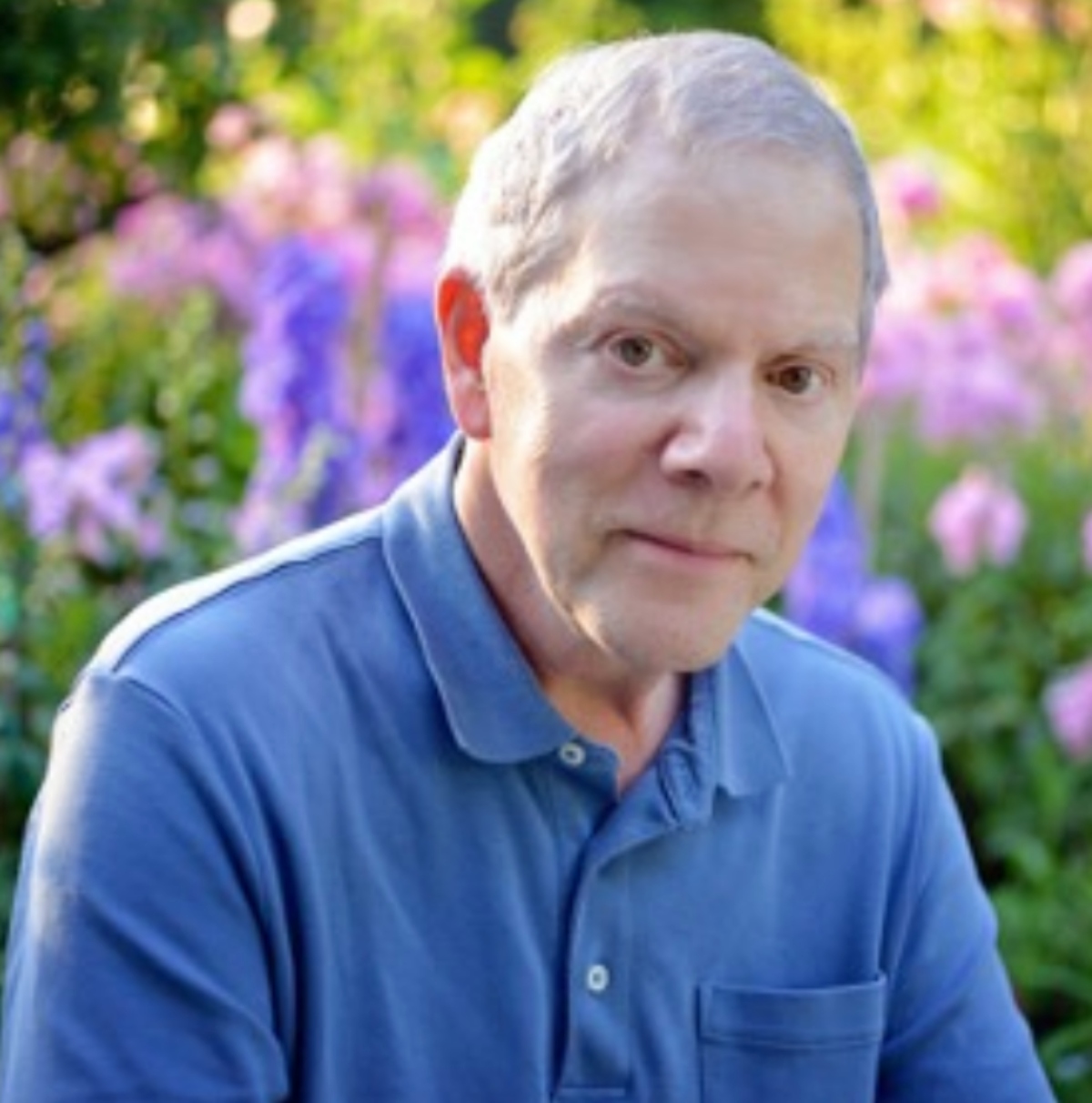To say that Americans are deeply divided is an understatement. As this beneficial survey shows, our nation is split between two opposing worldviews. Do we inhabit a world crammed with wonder and opportunity for growth and connection, as one side of this division believes? Or are we facing a cultural onslaught of historic threats which can be largely without precedent in history? The word worldview itself is very revealing. This is just not simply a matter of competing ideas. Rather, these are conflicting conceptions of reality itself.
Making matters worse is the proven fact that each views have elements of truth in them. Christians recognize that that is God’s good world, crammed with the creative exuberance of His mighty hand. But Christians also recognize that this world is in a fallen state, that the scourge of human sinfulness is a source of constant harm and havoc, and that it is going to in the future reach some extent of escalation.
While charting the precise origins of our deep cultural division is beyond the scope of this text, we will note that years of culture warring on these critical questions has led to a politics of contempt, with each side engaging in increasingly hostile tactics. For those interested, the sociologist James Davison Hunter’s latest book, Democracy and Solidarity, offers a wealthy history of how we arrived at this moment.
According to Hunter, essentially the most basic questions with which each and every culture must contend are: What is the character of reality? How should we live? What is an individual? Why are we here? Even a cursory glance at each of those questions reveals that we’ve got no national agreement on any of them. When it involves the character of reality, we will’t even agree on what constitutes a scientific fact or a political victory. The query of how we should love involves a few of our fiercest moral debates. Likewise, the query of what it means to be human, with a growing number of individuals insisting on the unconventional plasticity of human identity (i.e., you possibly can be whatever you ought to be). The query of the last word purpose of human life is subject to similar conflict. While we may rattle off vague statements about “love” and “freedom,” there’s no agreement on what these terms mean.
Hunter opts to make use of the word solidarity fairly than consensus since it speaks to the basic bonds that unite us. A phrase like “Aren’t all of us human in spite of everything?” could be a basic expression of solidarity. Imagine a natural disaster disrupting a tense game between Alabama and Auburn. Ideally speaking, the sports rivalry could be put aside to be able to prioritize the protection of everyone at the sport. This could be one other basic expression of solidarity—a standard bond of humanity that exceeds our superficial differences. Increasingly, nonetheless, such solidarity is being undermined. In short, we’re having a harder time seeing past our differences and locating a standard source of humanity. This is sobering, in fact, however it’s also a robust opportunity for Christian men and girls who affirm that all and sundry is made within the image of God.
In the wake of such deep division, serious weariness is setting in, and there’s a growing temptation to have interaction within the hostility surrounding us. In practical terms, which means lots of us are giving up on having difficult conversations. Many of us are abandoning civil disagreement as a waste of time. Stated in Biblical terms, lots of us are beginning to imagine that loving our neighbor is counterproductive. On this rating, it’s disheartening to see the variety of relationships which have perished due to our cultural divisions. How lots of us are not any longer on speaking terms with former friends and relations due to a squabble that began as a conversation on politics? Of course, nowadays, political conversations are never simply about politics. As we stated above, we’re fiercely divided on essentially the most basic questions of human life: What is the character of reality? How should we live? What is an individual? Why are we here?
How can we love our neighbor in such a time as this? In Matthew 22:34-40, we’re challenged by Jesus’s searing words:
But when the Pharisees heard that he had silenced the Sadducees together with his reply, they met together to query him again. One of them, an authority in religious law, tried to trap him with this query: “Teacher, which is crucial commandment within the law of Moses?”
Jesus replied, “‘You must love the Lord your God with all of your heart, all of your soul, and all of your mind.’ This is the primary and best commandment. A second is equally vital: ‘Love your neighbor as yourself.’ The entire law and all of the demands of the prophets are based on these two commandments.”
The sequence here is crucial. It’s only on the idea of Christ’s unconditional love for us that we’re then liberated to like others as ourselves. “We love because he first loved us. (I John 4:19)” If we wish to like those that actively hold to positions and lifestyles that we deem to be destructive, we must past love God with all that we’re. Once we worship the Lord in spirit and truth, we start to get back in contact with reality. One of the fundamental motivations for engaging in true worship is just not to chase some emotional high but fairly to see things as they’re. Recall James 3:9,
“With the tongue we praise our Lord and Father, and with it we curse human beings, who’ve been made in his likeness.”
Such a recognition depends upon an accurate perception of reality. One clear proof that we’re out of touch with reality is our habit of denigrating people made in God’s image, regardless of how harmful or offensive we imagine them to be.
How can we love our neighbor(s) in a time of deep cultural division? We must begin by loving our Lord with all that we’re.
Photo Credit: ©GettyImages/Simon Lehmann

Kenneth Boa equips people to like well (being), learn well (knowing), and live well (doing). He is a author, teacher, speaker, and mentor and is the President of Reflections Ministries, The Museum of Created Beauty, and Trinity House Publishers.
Publications by Dr. Boa include Conformed to His Image, Handbook to Prayer, Handbook to Leadership, Faith Has Its Reasons, Rewriting Your Broken Story, Life within the Presence of God, Leverage, and Recalibrate Your Life.
Dr. Boa holds a B.S. from Case Institute of Technology, a Th.M. from Dallas Theological Seminary, a Ph.D. from New York University, and a D.Phil. from the University of Oxford in England.



